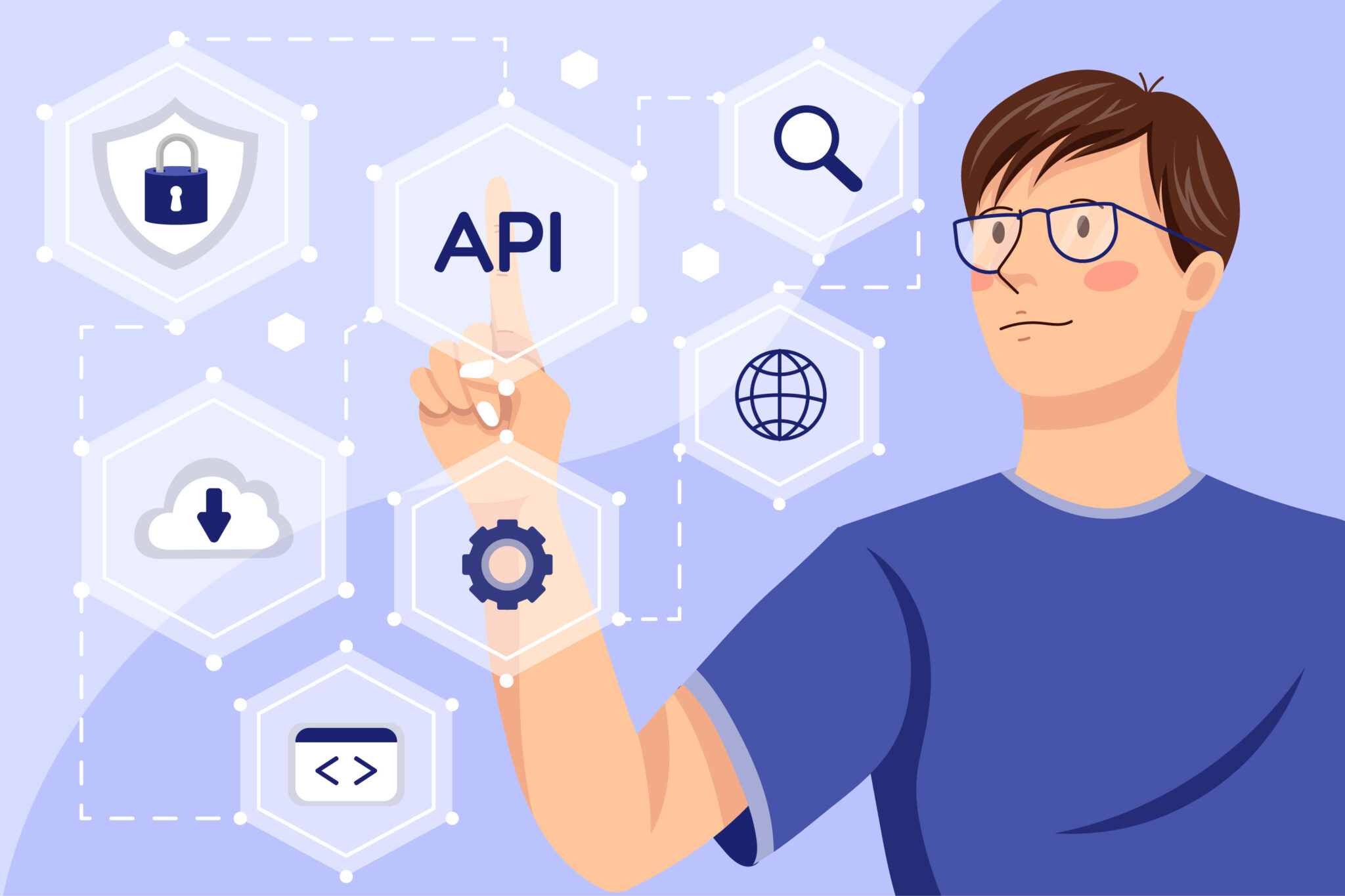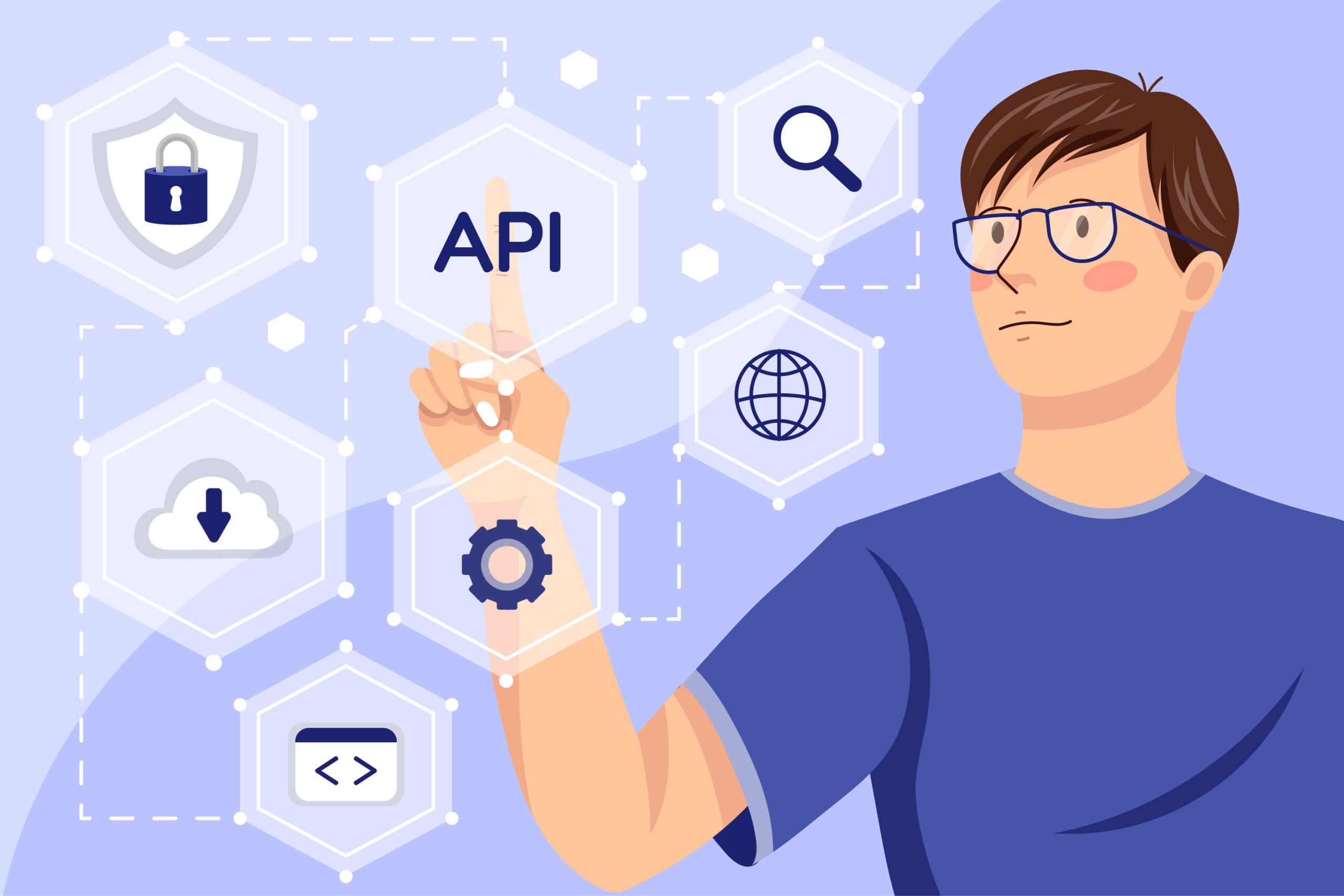APIs For Cloud Telephony : Enhancing Business Processes

The modern business scenario no longer confines communication to traditional landlines or fax machines. In this area, businesses today have been revolutionized with managing communication through cloud telephony. The concept is flexible, cost-effective, and scalable. One of the most powerful means to access cloud telephony is through APIs or Application Programming Interfaces. These APIs enable businesses to integrate advanced telephony features directly into applications, their own CRM systems, and workflows, which enhances processes with their whole business culture.
We leverage the power of Cloud Telephony APIs to help businesses smoothen communication processes for better customer engagement and more efficient operations. Let’s explore in this blog how these APIs work and change business processes.
What are Cloud Telephony APIs?
Cloud telephony APIs are essentially protocols and tools enabling businesses to engineer functionalities such as voice call, SMS, call forwarding, and voicemail into their applications or systems. Using APIs, businesses can automate and manage communications-related tasks, track interactions between the customers and the organization, or integrate phone service into any other cloud-based application from a central platform. With such flexibility of APIs, businesses no longer have to depend on traditional phone systems and hardware. Everything can be delivered from the cloud, scaled up or down based on demand.
How APIs for Cloud Telephony Enhance Business Processes
Seamless Integration with Existing Systems
One of the huge advantages of cloud telephony APIs is that telephony features can easily be integrated with existing business systems, such as CRM platforms, helpdesks, and e-commerce applications. For example, businesses may log calls automatically, track the history of interaction with the customer, and even follow up on the outcome of the call directly from the CRM interface. Thus, the reduced number of separate systems to maintain, decreased data silos, and streamlines workflow efficiency.
More Personalized Customer Experience
Using APIs, you will be able to make the experience for the consumer more personal and responsive as a whole. Some of these will include directing calls through the most relevant department, sending unique IVR menus, or conducting automated callbacks. Using APIs, you can ensure customer questions are answered promptly and efficiently, improve satisfaction and lower wait times. Moreover, you can send both SMS and email alerts straight from your phone system, which ensures customers are always up to speed.
Scalability and Flexibility
Cloud telephony APIs provide businesses with flexibility in their scaling back up to needed resources as companies grow. Whether you need simply to add more agents, an extension of your pool of phone numbers, or to implement new features like call recording or voice transcription, APIs enable seamless expansion without the costs of infrastructure changes. This scalability is most valuable to growing startups or enterprises that experience fluctuations in their needs for communication.
Advanced analytics and reporting
For analytics, cloud telephony APIs provide you with the strong power of data analytics so that you may be able to provide worthwhile insights into customer interaction. Report tools come alongside your integration of your telephony data so that you may track key metrics such as volumes of calls, response times, results of call outcomes, and agent performance. Such insights will enable the business concerns to eliminate bottlenecks, enhance service delivery to customers, and optimize operational efficiency. You will make better-informed decisions when the real-time data is at your fingertips.
Business Process Automation
Cloud telephony APIs can automate hundreds of business processes which, otherwise, would require human intervention. For example, you can have auto-routing calls to a specific department according to the specific time of day, type of customer, and the type of inquiry. Similarly, APIs can help automate appointment reminders, order confirmations, or even customer surveys. By this elimination of manual procedures, businesses will save time and eliminate the element of human error, thereby helping them focus on something more strategic.
Cost-effectiveness
Traditional telephony systems tend to be expensive to maintain and scale for companies that make large volumes of calls or have a global presence. Cloud telephony APIs enable businesses to take advantage of the economies of cloud infrastructure that are usually much cheaper than keeping an on-premises system. In addition, APIs eliminate the need for different communication tools which helps a lot in curtailing operational costs and increases ROI.
Use Cases for Cloud Telephony APIs
- Customer Support Automation
Integrate cloud telephony APIs with your customer support software to provide instant call routing, IVR menus, and automated follow-ups. When a customer calls, the system can automatically route the call to the right agent or department, based on predefined rules. You can also use APIs to set up automated surveys or follow-up messages, enhancing customer satisfaction and collecting valuable feedback - Sales and Lead Management
Cloud telephony APIs can be integrated with CRM systems to improve lead management and sales performance. For example, when a potential lead calls, the system can pull up relevant customer data and provide agents with instant context about the lead’s history and preferences. This helps agents respond more effectively and increase the likelihood of conversion. Furthermore, APIs can automate the tracking of call outcomes, follow-up actions, and lead statuses in real-time. - Marketing Campaigns and Notifications
Cloud telephony APIs are a powerful tool for marketing campaigns. With SMS and voice capabilities, you can send personalized promotions, event reminders, or product updates directly to customers. You can also integrate call tracking features to measure the effectiveness of marketing campaigns by tracking how many leads come in through phone calls and analyzing campaign performance. - Appointment Scheduling and Reminders
For businesses in industries like healthcare, education, or professional services, cloud telephony APIs can be used to automate appointment scheduling and reminders. Customers can receive automatic SMS or voice calls confirming their appointments or sending reminders before their scheduled time. This helps reduce no-shows and improves operational efficiency. - Global Communication
Cloud telephony APIs also make it easier for businesses to handle international communication. By using virtual phone numbers, businesses can offer local contact numbers for customers in different countries, even if they’re based in a single location. This eliminates international call charges and ensures a local experience for customers, no matter where they’re located.
Why Choose Ainvox’s Cloud Telephony APIs?
At Ainvox, we specialize in providing customizable Cloud Telephony API solutions that can be seamlessly integrated into your existing systems. Whether you’re looking to improve customer support, automate business processes, or track call data, we offer powerful, flexible, and cost-effective solutions.
Our cloud telephony APIs offer:
- Seamless integration with CRM, helpdesk, and business applications
- Real-time analytics and reporting for smarter decision-making
- Scalability to meet the demands of growing businesses
- High availability and robust security to keep your communications safe
- Easy setup and dedicated support to ensure smooth implementation
Book a Demo with Our Solution Expert
Ready to see how Ainvox’s Cloud Telephony APIs can enhance your business processes? Book a free demo with one of our Solution Experts today!
During your demo, we’ll show you how our APIs can integrate with your existing tools, improve communication workflows, and help you optimize customer interactions. We’ll work with you to understand your needs and customize a solution that fits your business perfectly.

